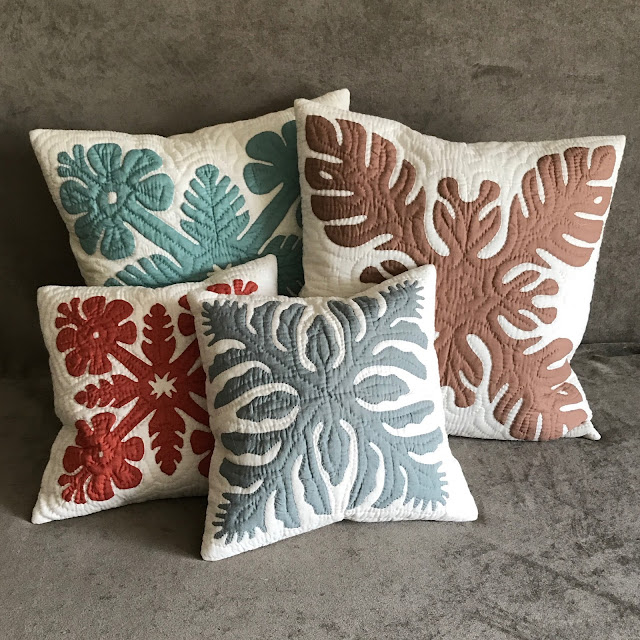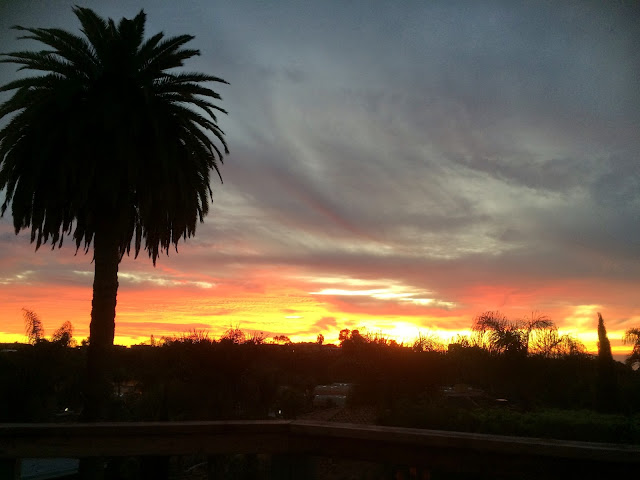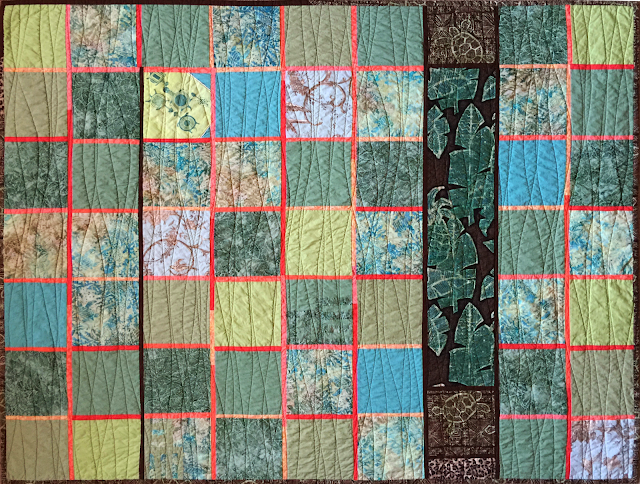Aloha!
As some of my Instagram followers may have noticed, I am in Hawaii right now, soaking up the sweet tropical sun and hoping for an up-close encounter with my favorite marine life,
sea turtles!
Not to worry, there is plenty happening on the Denise Cerro Studios blog in my absence.
For the two weeks while I am gone, I will have a surprise guest blogger filling in!
Allow me to introduce fellow maker, and frequent behind-the-scenes contributor to my blog and website,
the very talented Lucinda Walker.
Like me, Lucinda is a renaissance woman and an artist of many mediums.
At the moment she is a textile artist specializing in handmade quilts.
If you don’t remember the awesome Turtle Quilt she made for me with tropical fabrics from Hawaii (what a coincidence!) you can read all about it here.
Did I mention that she’s also my daughter-in-law? Maybe I’m a little biased, but I know you’re going to love her posts.
I can’t wait to read what she comes up with for my blog; I’ll be reading along with all of you!
So now I turn over the reins to Lucinda.
Aloha!
(Earlier it meant hello, but this time it means goodbye! Such a great word!)
••••••••••••••••
Happy Saturday, everyone!
Lucinda here, filling in for Denise while she makes the most of some much deserved down-time in one of her favorite places: the magical island of Kauai.
Are we jealous?
Of course!
But I had the good fortune to visit one of the other islands recently, so I can’t complain too much.
As I was brainstorming what to write about for Denise’s blog, I asked myself: what does a quilter talk about while the host blogger is in Hawaii?
Quilting plus Hawaii = Hawaiian Quilting! A no-brainer.
 |
| This excellent example of Hawaiian quilting uses a traditional bright red motif on a white ground. The image is a stylized breadfruit plant, which was important to the native Hawaiian people. |
On my recent trip to the Big Island, I did as every sewing enthusiast does:
I went fabric shopping.
There are a few great shops on the island. Some have most of the same things you can get on the mainland, but there is something that you can’t find anywhere else:
exquisite examples of traditional Hawaiian quilting.
If you’re not familiar with Hawaiian Quilting, it is a distinctive art form unique to the Islands, that has developed as a result of the native Hawaiians blending their traditional arts with the quilting skills taught to them by missionary women from the mainland.
Hawaiian Quilting involves cutting intricate symmetrical shapes out a single piece of solid colored fabric, in a method very similar to making a paper snowflake.
The imagery is characterized by bold, graphic, stylized versions of plants and flowers that hold special meaning to the Hawaiian people. The lacy cut-out is appliquéd to a larger sheet of white or off-white fabric, by hand, using a tiny sharp needle, and minuscule stitches.
 |
| Some of the examples I brought home with me. The aqua and russet ones depict a hibiscus flower. The brown one is a monstera plant, and the gray one is ginger. |
I wanted to learn how this amazing work is done, so I found a shop that specialized in Hawaiian quilting, where I bought a kit with materials and instructions to make a quilted sunglasses case.
Giving this craft a try, it is immediately apparent how much practice it takes to learn it, let alone get good at it. Have we all heard the theory that you have to spend ten thousand hours practicing a skill before you can master it? This little glasses case will certainly start to stack up those hours.
Attempting a new skill gives us tremendous respect for those craftspeople who have mastered it. The varied techniques of quilting continue to fascinate me, along with the historical examples of astounding works that have been made through thousands of hours of women’s work.
Even if you just make a few stitches a day, over the course of a lifetime, they can add up to something incredible.
Thanks for coming along with me on this little tour of Hawaii's fantastic quilts!
I'll keep plugging away at those stitches,
and I'll see you all next week with another guest post.









No comments:
Post a Comment
Thank you for visiting and reading my blog. I enjoy and appreciate your comments and ideas.